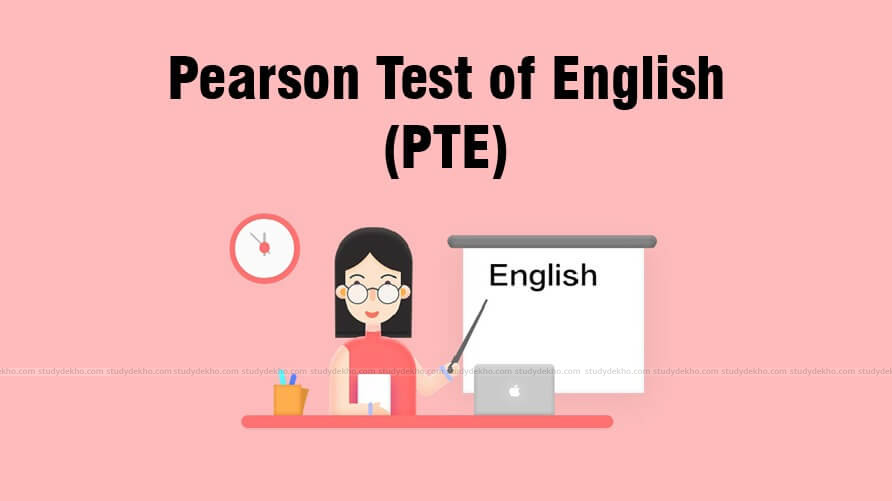In the vast landscape of moral compasses, a code of ethics acts as a guiding North Star for individuals and organizations alike, steering them through the moral dilemmas of modern society. But, have you ever paused to consider who truly needs a code of ethics? Whether you’re a seasoned business owner, a public servant, or an individual navigating your personal choices, the presence of a clear ethical framework can make a world of difference. From upholding integrity to fostering trust, the question lingers – who needs a code of ethics, and why? Read Ethics Committee Registration India
Importance of Ethics in Society
- Ethics play a crucial role in shaping the moral fabric of society. The foundation of ethical behavior is rooted in the principles of social responsibility. When individuals uphold ethical standards, they contribute positively to the well-being of the community at large. Acting with integrity and honesty not only benefits oneself but also creates a ripple effect that influences others to follow suit. By valuing ethical behavior, you demonstrate a deep sense of social responsibility, recognizing that your actions have the power to impact the lives of those around you.
- Embracing ethical behavior fosters trust and mutual respect within society. It establishes a standard of conduct that promotes fairness and equality, essential elements for a harmonious coexistence. Upholding ethical principles is an outward display of your commitment to social responsibility, showing that you prioritize the greater good over personal gain. By consistently making choices guided by ethics, you contribute to the creation of a more just and compassionate world.

Benefits for Businesses
- In today’s competitive business landscape, embracing ethical practices can give companies a significant strategic advantage. By prioritizing ethical behavior within your organization, you can experience a range of benefits that directly impact your bottom line. One key advantage is increased productivity among employees. When individuals feel that they’re part of a morally upright company, they’re more motivated to perform at their best. This heightened sense of purpose and commitment can lead to improved efficiency and output.
- Moreover, maintaining a strong code of ethics can also result in an enhanced reputation for your business. Consumers and stakeholders are increasingly drawn to companies that operate with integrity and transparency. A positive reputation can attract more customers, strengthen relationships with existing clients, and open up new opportunities for partnerships and collaborations. Ultimately, being known as an ethically responsible business can set you apart in a crowded marketplace and contribute to long-term success.
Read Ethics Committee Registration
Role in Government Agencies
- Within government agencies, adherence to a robust code of ethics is essential for fostering trust and integrity in public service. Government accountability is a cornerstone of democratic governance, and a code of ethics plays a vital role in ensuring that public officials act in the best interest of the citizens they serve. By following ethical guidelines, government agencies can uphold transparency, fairness, and honesty in their operations.
- Ethical decision-making within government agencies is crucial for maintaining public trust and confidence in the effectiveness of governmental institutions. When public officials adhere to a code of ethics, they demonstrate a commitment to upholding the values of accountability and integrity in their actions. This commitment is essential for promoting good governance and preventing corruption within government agencies.
Individual Accountability
- Individual accountability serves as the linchpin for translating ethical guidelines into concrete actions within government agencies, ensuring that each member takes personal responsibility for upholding the values of transparency and integrity. Personal responsibility is the cornerstone of ethical behavior in any organization, including government entities. It involves being answerable for your actions, decisions, and their consequences.
- When each individual within a government agency embraces personal responsibility, it creates a culture where ethical behavior isn’t just a set of rules but a way of life. By holding yourself accountable for your conduct and decisions, you contribute to fostering an environment of trust and respect within the agency. This culture of accountability helps prevent misconduct, fraud, and corruption, ultimately safeguarding the public interest. Therefore, understanding and embracing personal responsibility is essential for promoting ethical behavior and upholding the integrity of government agencies.
Ensuring Trust and Integrity
- To maintain trust and integrity within government agencies, adherence to a robust Code of Ethics is paramount. Trustworthy relationships are built on the foundation of ethical decision-making processes that guide the actions of individuals within an organization. By upholding ethical standards, government officials can ensure that their decisions are made with integrity and transparency, fostering a culture of trust among colleagues and the public.
- Ethical decision-making involves considering the impact of choices on various stakeholders and prioritizing the common good over personal gain. When individuals within government agencies consistently make decisions based on ethical principles outlined in a Code of Ethics, they demonstrate their commitment to upholding the values of honesty, fairness, and accountability.
Conclusion
In conclusion, having a code of ethics is essential for individuals, businesses, and government agencies to uphold trust, integrity, and accountability in society. It serves as a guiding set of principles that promote ethical behavior and decision-making. By adhering to a code of ethics, all parties involved can work towards creating a more ethical and trustworthy environment for everyone.



